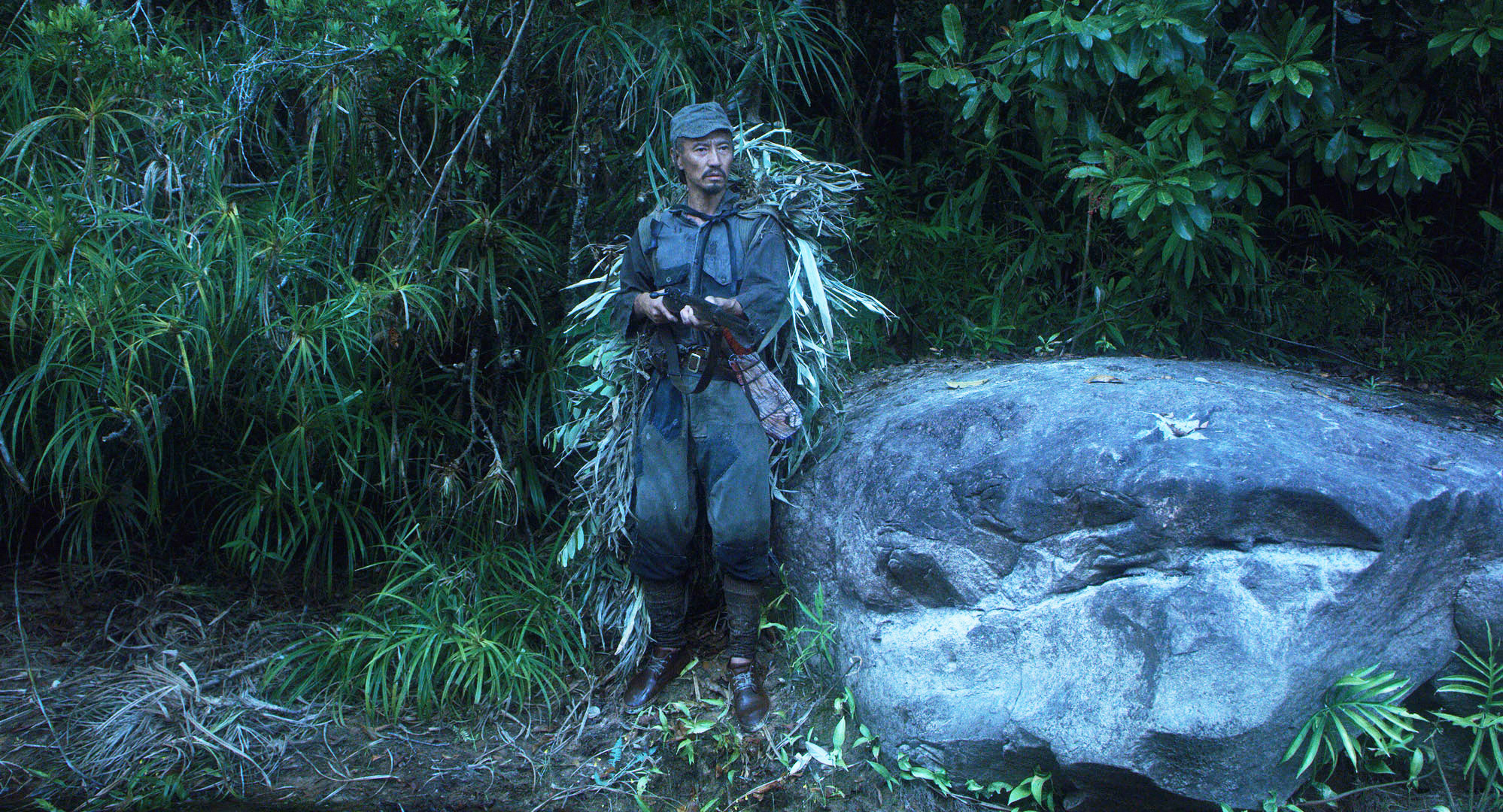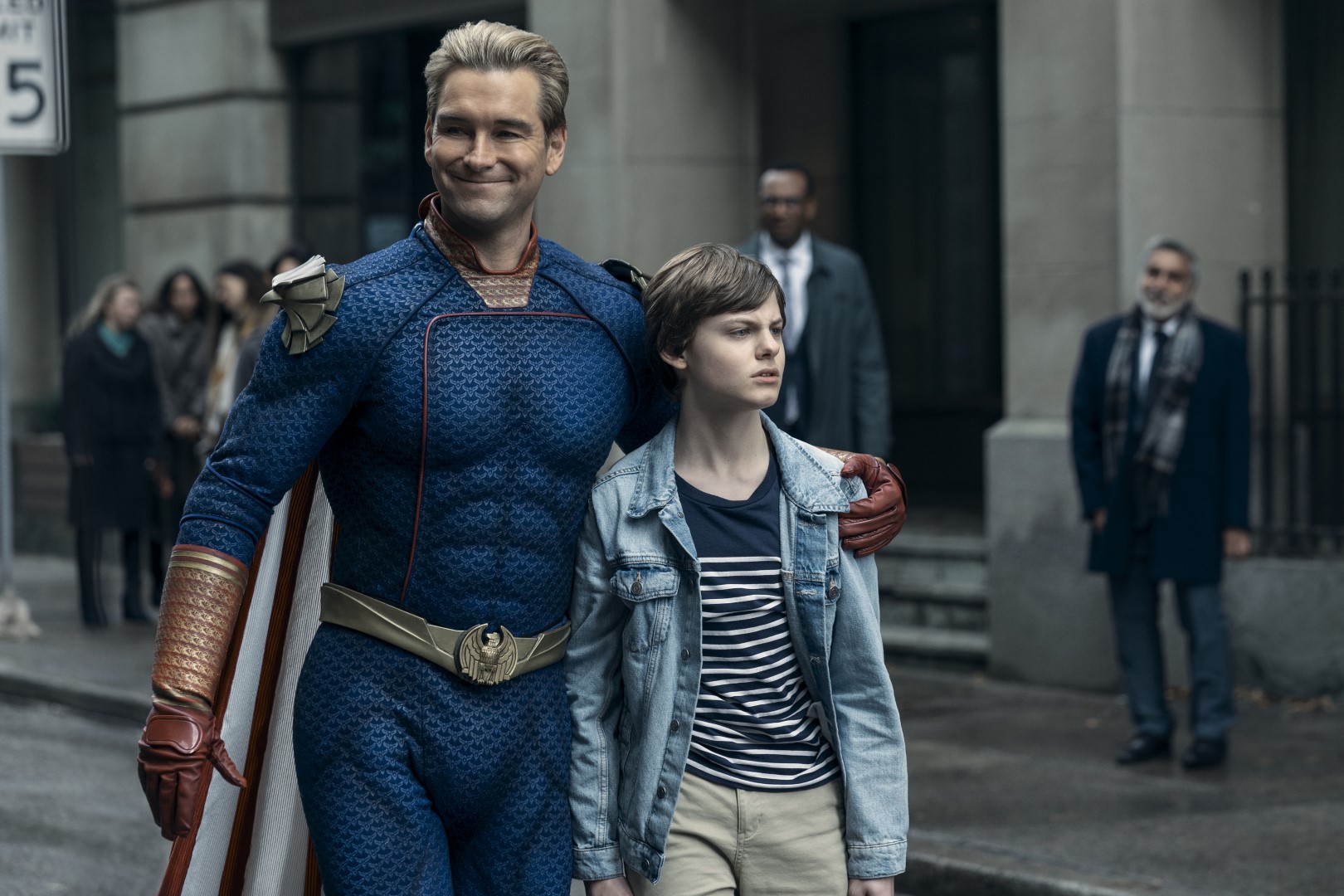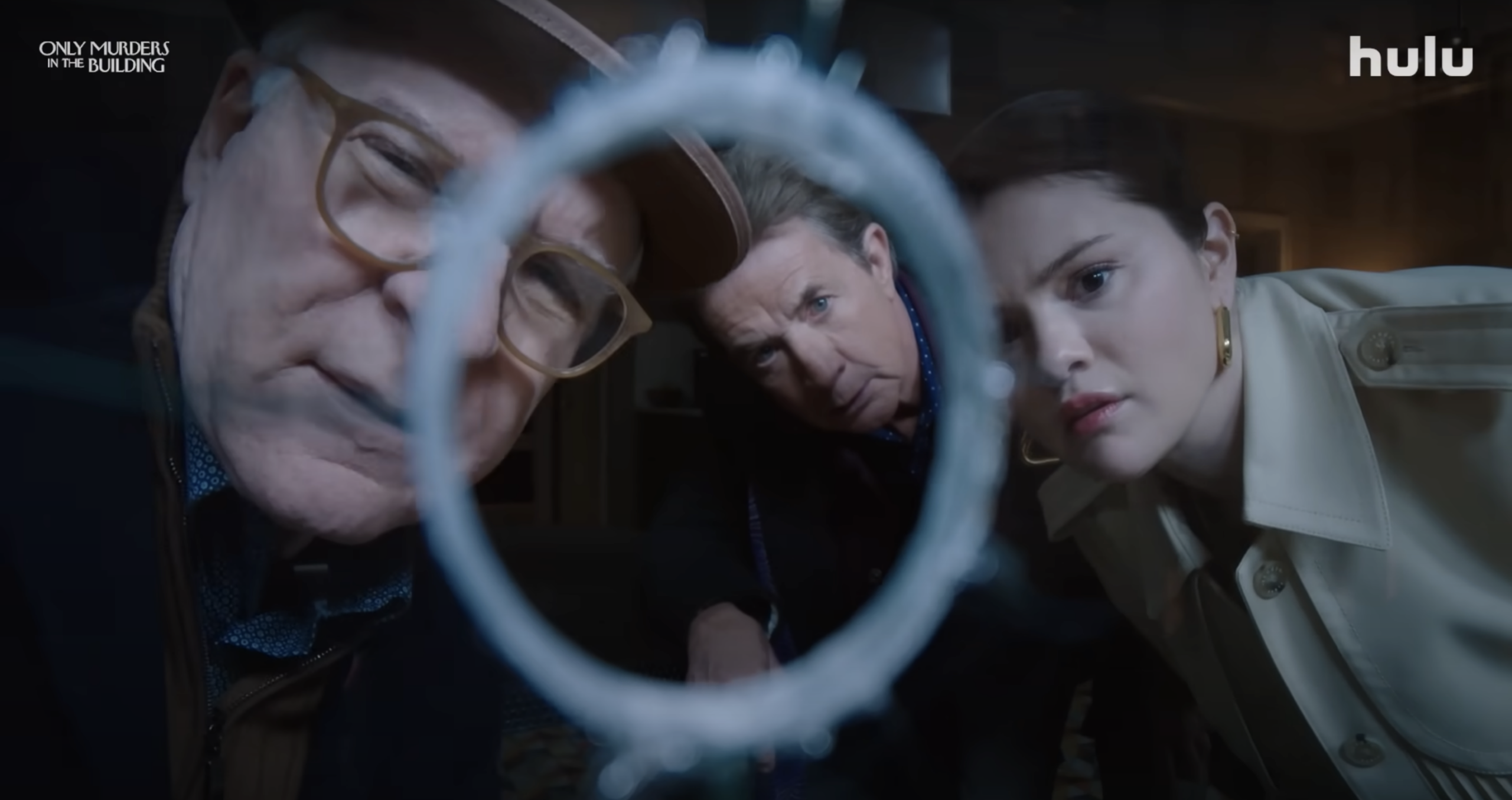It is 1944 and Major Taniguchi (Issey Ogata) of the Imperial Japanese Army has a new vision he’s teaching his men. No more suicides, survive at all costs. All that matters is the mission. That statement catches the attention of his trainees, and in particular, of Hiroo Onoda, a failed kamikaze pilot, who, at 22, will soon be sent to the Filipino island of Lubang. There, he will face the biggest adversities he could ever imagine, and being so conscious that the mission is all that matters, he will spend 29 years in the jungle, waiting for his next orders. His epic story of survival, reduced to the most primal levels, is told in Onoda: 10,000 Nights in the Jungle.
Director Arthur Harari takes over this film from start to finish, and with the help of both Yuya Endo as young Onoda, and Kanji Tsuda as the older version of the character, takes us into the mind of the last fighting soldier in World War II in quite a deep character study that explores the horrors of the psychological war.
Onoda: 10,000 Nights in the Jungle Official Trailer
RELATED: ANDOR REVIEW – SEASON 1 ENDS WITH “RIX ROAD” IN A NAIL-BITING AND EMOTIONAL CONCLUSION
His unit is sent to Lubang in an attempt to sabotage the imminent American invasion of the island. Said invasion happened quicker than expected, and Onoda’s unit is forced to enter guerrilla mode. While they are soon left behind by the army, the Japanese tried in subsequent years to let them know that the war is done, and there’s nothing they can do about it. Onoda and the team, however, brainwashed by their former superior, take it as propaganda and dismiss every attempt to surrender by the Japanese. As years go by, the unit starts to shrink down until there’s only one left.
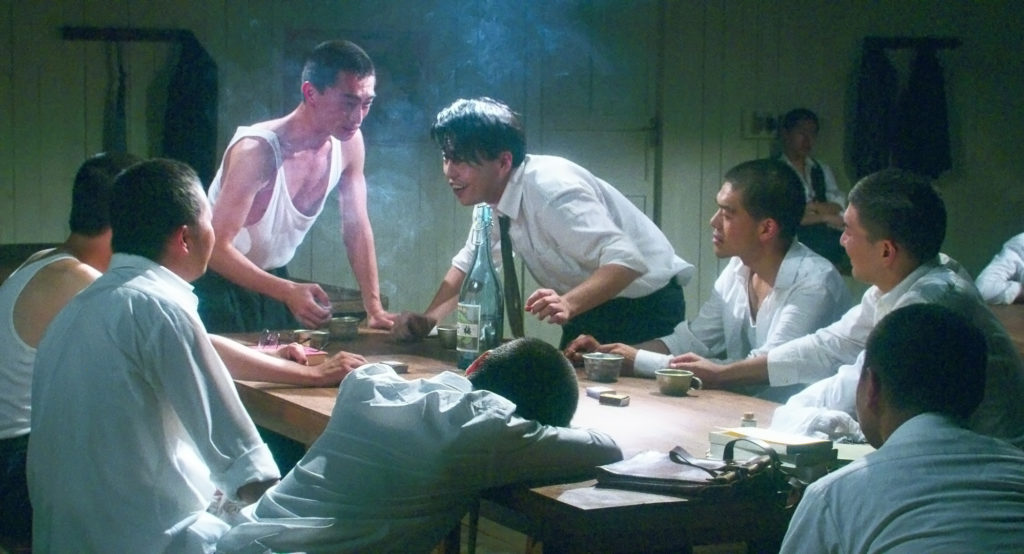
The logline of the film is the movie’s biggest success and its biggest demise as well. It is almost as if director Arthur Harari had signed up for a mission of self-sabotage himself when he set out to make the film. The premise calls for an epic, two-and-a-half-hour tale of survival under the most unlikely circumstances. A psychological study of this ragtag of anti-kamikaze Japanese soldiers that will take us deep inside their minds as they start to go crazy inside a Filipino forest. Paranoia and detachment from reality fall short when trying to describe them.
At the same time, marrying this concept with a movie that will keep the audience on the edge of their seats for two and a half hours is mission impossible, to say the least. The movie is long, and it feels that way.
RELATED: COCAINE BEAR RED BAND TRAILER REVEALS A NEW COMEDY THRILLER HIGH ON DRUGS
Onoda: 10,000 Nights in the Jungle will not be a movie for everybody, and audiences going in should be aware that it takes its time, perhaps more than any other movie in recent memory. Few comparisons come to mind, as even Cast Away, which may have faced a similar issue, is a rather engaging movie. Movies like Stanley Kubrick’s Full Metal Jacket or Francis Ford Coppola’s Apocalypse Now, which also addressed themes of the psychological effects of war, are never boring. Onoda has, by design, quite a few boring sequences, as there’s not a lot going on in the jungle over the stretch of almost three decades.
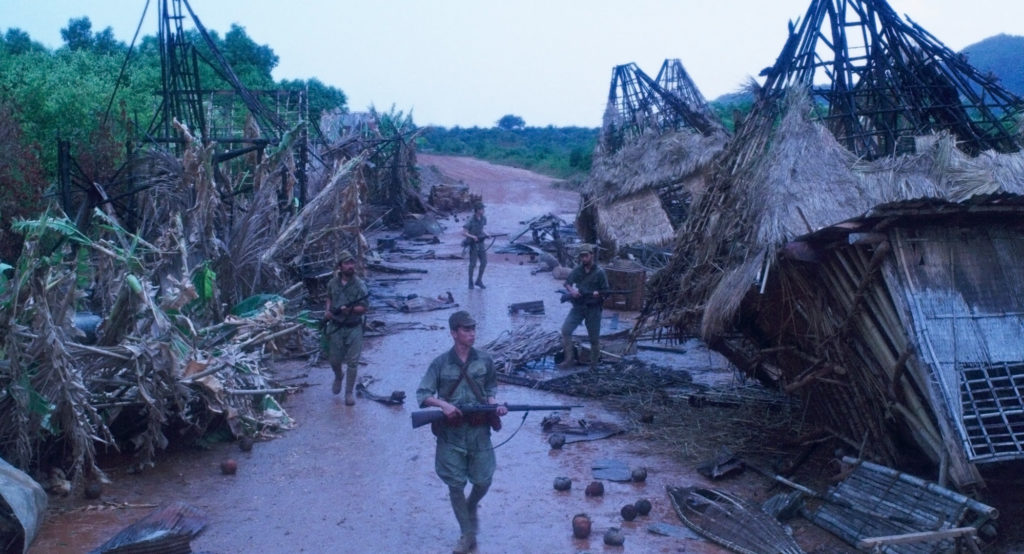
At the same time, from a cultural perspective, it’s also quite a feat to make the audience care about a Japanese soldier that wants to take down the entire American army by himself. The film does not get into politics or side with anyone in the war (Harari is a French filmmaker doing a movie in Japanese, so there are plenty of cultural crossovers to go around).
Instead, it focuses on telling a human story that champions survival and takes aim at armed conflicts in general, and how they affect each soldier individually. We are not rooting for Onoda to succeed, but rather to realize that he’s under the spell of someone else’s agenda. In that sense, it shares some ground with most other war films, even if it’s unconventional in its approach, to say the least.
RELATED: VIOLENT NIGHT REVIEW – EVERYONE’S NEW FAVORITE CHRISTMAS MOVIE
Besides the direction, the movie is driven by two beautiful performances by Yuya Endo and Kanji Tsuda, as young and older Onoda. Issey Ogata also had a few memorable appearances as Major Taniguchi; he plays a pivotal role in Onoda’s journey as the man single-handedly responsible for brainwashing his soldiers into never giving up, no matter the circumstances. On paper, the character should jump off the screen and stay with us throughout the entire film, given that it’s his way of teaching what tortured our main characters for many years after. The actor definitely managed to pull it off. The rest of the cast includes Matsuura Yüya, Chiba Tetsuya, Katõ Shinsuke, Inowaki Kai, Issey Ogata, Nakano Taïga, and Suwa Nobuhiro.

Onoda: 10,000 Nights in the Jungle was part of the Official Selection of the 2021 Cannes Film Festival. Dark Star Pictures acquired the North American distribution rights in 2022 and planned for a release during the Fall, beginning with New York City and Los Angeles, and slowly expanding across the country. Let us know what you think of the film over on social media!
KEEP READING: THE FABELMANS REVIEW: STEVEN SPIELBERG SHOWS HOW MOVIES CAN BE THE MOST POWERFUL WEAPON


